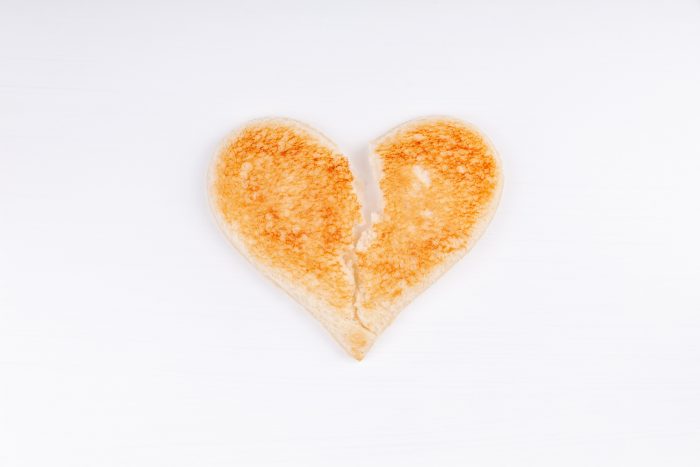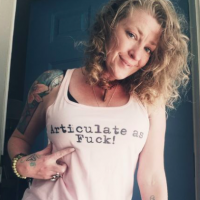We cannot always protect the people we love from what’s inside of us, but we can help them to understand it.
Trauma, is regrettably, a common occurrence in our society, especially amongst soldiers returning home after tours of duty. What is not common, is open dialogue about it, and the effects that trauma has on our loved ones, especially when it comes to helping children understand. If we want to break the pain-cycle, we need to learn to communicate honestly about emotional pain.
In 1980 the DSM-III (Diagnostic and Statistical Manual of Mental Disorders ) came out with the term, PTSD. This is short for: Post-Traumatic Stress Disorder. Where this term is now part of our modern-breakfast-table psychology terminology, this was a new category that was added to diagnostics for mental health, in response to the droves of shell-shocked men returning from the Vietnam War. Shell shocked was a common term used prior to PTSD, to describe the psychological wounds inflicted on warriors, who watched their brothers in arms die around them and were, themselves, forced to commit atrocious acts of violence in the name of military service.
Another term used to describe this condition, pre PTSD sterilization, was, soldier’s heart. This term is truly tender to me. Chills run through my body and a slight ache erupts from my own heart as I feel into those words. Who among us, cannot relate with having pain in our heart?
Soldier’s heart humanizes that pain and takes us out of the realm of the clinical right back into the body, the home and the life of someone real, someone hurting.
First Sgt. Seth Kastle is one those wounded warriors, who now carries a soldier’s heart inside his chest. Upon returning home from Army Reserve duty in Afghanistan and Iraq, he struggled with PTSD, living with his wife and two daughters and trying to manage his condition. His soldier’s heart would flare up and burst out at his family. Loss of temper, shortened patience, limited attention span, nightmares and insomnia, are all symptoms of PTSD.
In a valiant attempt to communicate his inner world to his children, in a way that they could understand, he sat down and wrote a children’s book about a family of lions, the father, who is working through PTSD.
In the book, Why Is Dad So Mad? Seth Kastle symbolizes his internal pain with a fire in his chest, and in one particularly powerful illustration, we see the father lion staring into a mirror, not seeing himself, but only fire.
Kastle was inspired to write this story for his daughters, when he couldn’t find any books written for children about kids coping with parents who suffer with PTSD. He was hoping that it might also be of benefit for other veteran’s struggling with these issues, with their own families. And it has.
There is now a series of books on this topic, including, Why Is Mom So Mad? Seth’s wife, Julia Kaslte, also an Army veteran, jumped on the write-to-heal bandwagon, and wrote her own version for mothers. As more women enter the armed services and see active combat, moms can have soldier’s heart too.
One of the most valuable things that we, as parents, can communicate to our children, is that our emotions are not bad, that feelings of anger and frustration do not make us, or the ones we love unworthy. As adults, communicating clearly and openly, while taking accountability for our own emotions, is the most effective way to teach our kids empathy and help to break trauma cycles in any family circle.
This is a powerful message, not only for veterans recovering from PTSD with their families but for everyone, everywhere who carries pain inside– and that’s all of us.
In the words of their daughter, Regan, when asked what her favorite part of these books is, “I like no matter what, mom and dad still love you.”
We all need to know we matter to those who we love, even when tempers flare and frustrations ruffles our feathers, maybe especially then. This family’s message is one that is not only relative to military families carrying on with their soldier’s hearts, but to all families who need help healing and talking about these things that are hard, human and important.
YouTube Interview with Kastle family.







Read 0 comments and reply